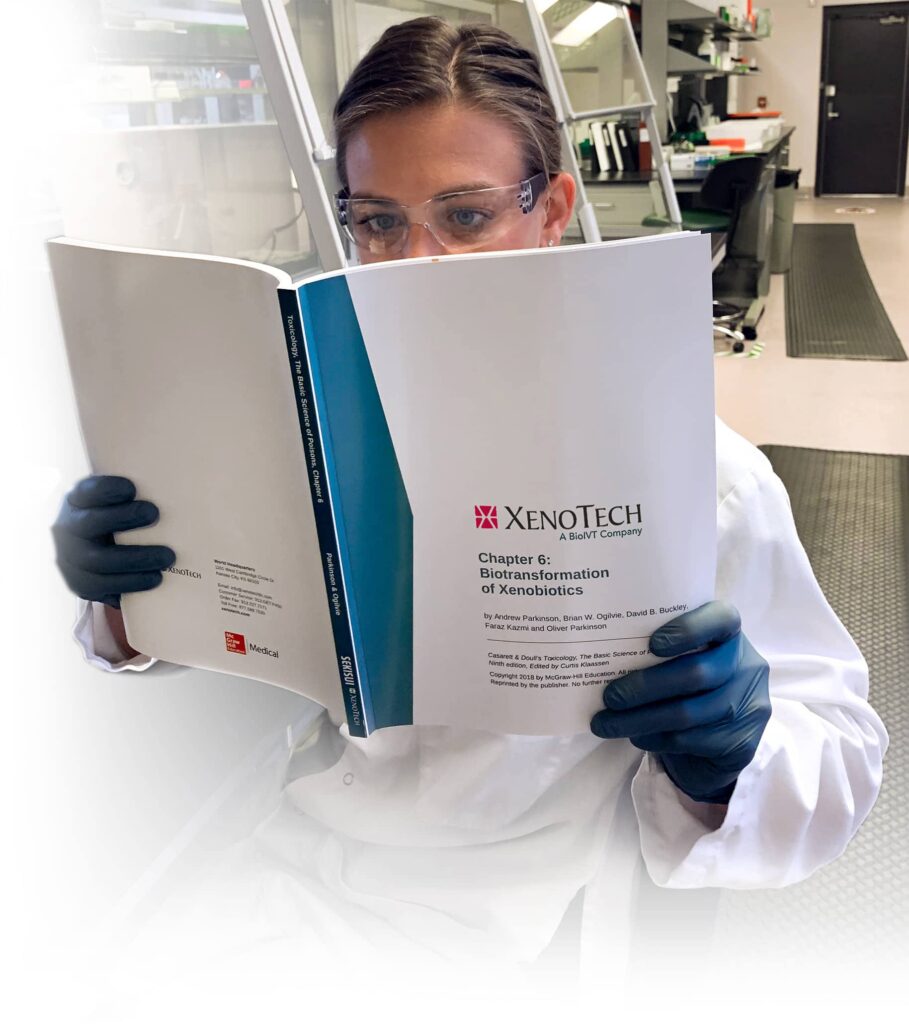
Effects of Monocyte Chemoattractant Protein-1, Macrophage Inflammatory Protein-1α and Interferon-α2a on P450 Enzymes in Human Hepatocytes in Vitro
Full Title
Effects of Monocyte Chemoattractant Protein-1, Macrophage Inflammatory Protein-1α and Interferon-α2a on P450 Enzymes in Human Hepatocytes in Vitro
Authors
Maciej Czerwiński, Krystal Gilligan, Kevin Westland, and Brian W. Ogilvie
Presented at the virtual 2020 AAPS PharmSci 360 Meeting
Abstract
Some immunomodulatory drugs stimulate the innate immune system to release cytokines that may change expression of drug-metabolizing enzymes. In drug development, regulation of multiple pro- and anti-inflammatory cytokines by Toll-like receptors (TLR) has gained attention in parallel to targeting the therapeutic potential of these receptors (Hennessy et al., 2010; Patel et al., 2014). In a previous study, tilsotolimod, an agonist of TLR9 designed to enhance T-cell responses to tumor antigens, stimulated release of cytokines in human blood (Tarantino et al., 2018). A lower dose of tilsotolimod (10 µg/mL) elevated levels of interferon gamma-induced protein-10 (IP-10) and macrophage chemoattractant protein-1 (MCP-1), while a higher dose of the drug (100 µg/mL) increased macrophage inflammatory protein-1α (MIP-1α), tumor necrosis factor-α (TNF-α), and interferon-α2a (INF-α2a) (Table 1). This plurality of cytokines contained in the tilsotolimod-stimulated plasma increased CYP1A2 mRNA by up to 50% and reduced CYP1A2 enzyme activity to 47% of control, in human hepatocytes. The tilsotolimod-stimulated plasma decreased CYP2B6 mRNA by up to 50% and decreased CYP2B6 enzyme activity to 13% of control.
The aim of this study was to establish whether MCP-1, MIP-1α or IFN-α2a were responsible for the effects of tilsotolimod-stimulated plasma on CYP1A2 and CYP2B6 mRNA and enzyme activity levels.